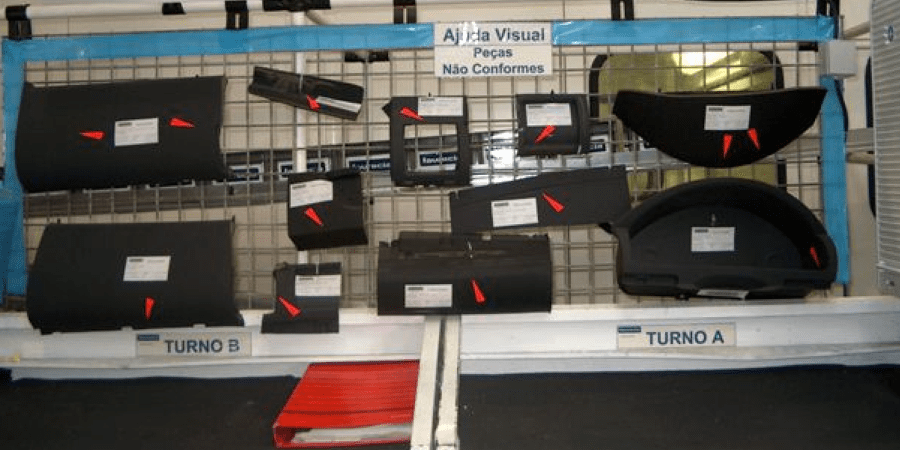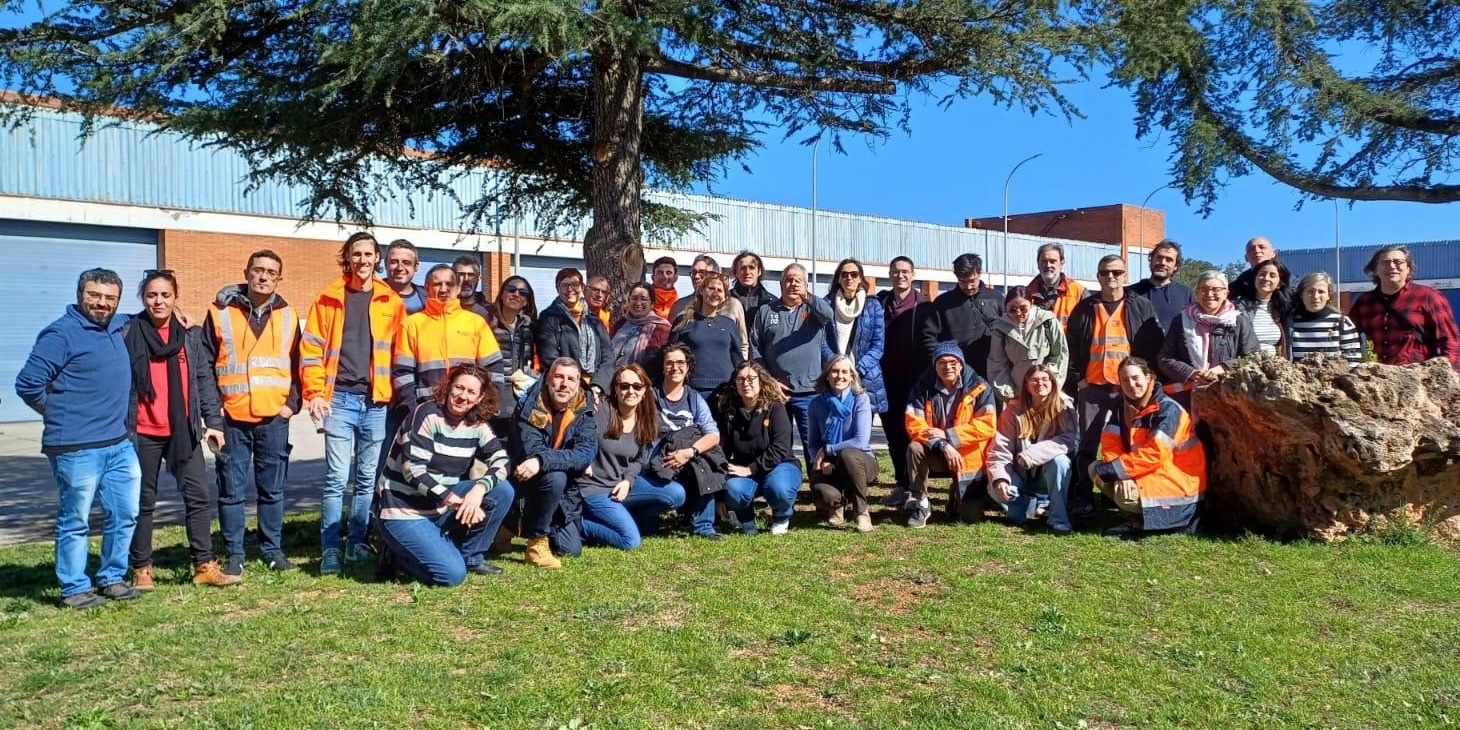
A different meeting format for better learning
VIDEO – Meetings are critical to create a culture based on teamwork and to establish a learning organization, but their traditional format tends to encourage individual agendas. Not Lean Coffee…
Words: Jim Benson, creator of Personal Kanban and CEO of Modus Cooperandi
READ THE TRANSCRIPT UNDER THE VIDEO
Lean Coffee is a meeting format that uses lean principles to allow us to build an agenda at the moment when it is most important.
When we invite people to meetings and give them a strong agenda up front, we are completely robbing ourselves of the wisdom the attendees would bring with them. Imagine we are getting a group together to figure out what product our companies should be releasing in six months’ time.
What Lean Coffee tells us to do is build a Personal Kanban on the table – which has the typical Personal Kanban categories of Ready, Doing, and Done in it, plus two extra columns for Epiphanies and a To-Do list.
At this point everybody in the room writes down on post-it notes anything they want to talk about in relation to this topic. You won’t believe how many things people will write down. You’ll get dozens and dozens of post-it notes (some will be repetitive, and that’s not a bad thing). You can then bring together that notes that are most similar (or fall under a similar topic) and all of a sudden you have groups of things to talk about.
It’s now voting time. Everybody gets two votes and can choose to vote for the same topic twice, or for two different topics (simply by drawing a dot on the post-it notes). After a while, the whole room has voted and some things rise to the top. The most popular topic is discussed first (and is moved to the Doing column). Once that’s done (and moved to the Done column), the group can start to talk about the next topic.
The other two columns – epiphanies and to-do – are not part of the same value stream, but are the actual products of value. Whenever you talk about something that changes the way the group thinks about the product or how the group works together, you have an epiphany. It’s an idea, and as a learning organization we want to capture that.
The learning outputs of the meeting are written down and placed in the Epiphanies column. It’s important to have meetings to learn things, while meetings dedicated to telling us the status of things should be as automated as possible.
The last column will contain the actions that are needed to bring the ideas to fruition (complete an A3, launch this component, do this action).
What we have is a new type of meeting, which is not controlled by one person but by everybody in the room. In this scenario, people tend to speak more quietly, to be more respectful, and to not speak over each other. They see the relative importance of their secret agenda to everybody else and they are less likely to force it (if my agenda was not voted for, I can call my own meeting tomorrow about it).
THE INTERVIEWEE

Read more


THE TOOLS CORNER – This month, the author discusses how we can ensure quality problems are identified early, tackled swiftly and prevented from reoccurring.


FEATURE – Lean has now been around for quite some time, and its impact on business world is hard to dispute. But what does it tell us about traditional management practices?


FEATURE – Can lean relieve some of the pain and fear people experience in this crazy world? It can, says the author, because amid so much noise lean carries one truth.


CASE STUDY - The Catalan government’s infrastructure unit used lean experimentation, training, and A3 problem solving to improve service, safety, collaboration, and outcomes.

